
On Tuesday, the Tennessee Titans let go of a well-regarded coach in Mike Vrabel who had led them to a 54-45 record over six years, with three playoff appearances and two division titles. Within 48 hours, it was basically dismissed as news. That’s because, in a single 24-hour period Wednesday and Thursday, three Hall of Fame coaches — Pete Carroll, then Nick Saban, and finally Bill Belichick — became ex-coaches, in the biggest single news cycle in football coaching history.
It started around 2 p.m. ET Wednesday with the news that the Seahawks and Pete Carroll were having a “mutual parting of ways,” though the farewell press conference certainly made it seem that it wasn’t that mutual on Carroll’s end. A few hours later, Alabama head coach Nick Saban told his team (first) and then the public that he was retiring. And then early Thursday morning, news came out of New England that Bill Belichick was out of a job he’d held since 2000.
Most smart people would conclude that Belichick is the best coach in NFL history and Saban is the best in the history of college football. Meanwhile, Carroll is one of only three coaches — along with Barry Switzer and Jimmy Johnson — to win both a Super Bowl and an NCAA championship. Any one of these coaches leaving his job would have dominated a news cycle; all three coming in 24 hours is the stuff of Adam Schefter’s dreams … or nightmares.
Below, let’s take a look at each legendary coaching tenure and then talk a little about what each team might do next.
Bill Belichick and the New England Patriots
There wasn’t much reason to think Bill Belichick would have the run that he had when he was hired in New England. He started his coaching career with the (Baltimore) Colts in 1975, bouncing from the Colts to the Lions to the Broncos to the Giants before finding his first head coaching gig with the Browns in 1991. He went 36-44 in five years with the Browns, making the playoffs once as a Wild Card and going 1-1 (with a win over the Patriots, of course) in the playoffs. After a few years as an assistant head coach with the Patriots and the Jets, the Patriots — who had seen Belichick beat them in the playoffs and had him in-house as assistant head coach — lured Belichick (who had just been announced as the Jets head coach before resigning a day later) as their coach, ultimately giving up a first-round pick for him. Belichick joined the Patriots, taking over for the fired … Pete Carroll (more on that later, of course).
Belichick’s first year in New England in 2000 wasn’t any great shakes, with the team falling from 8-8 to 5-11, with a correlated point differential. In 2001, though, an injury to starting quarterback Drew Bledsoe led to the team turning control over to second-year sixth-round pick Tom Brady, who had attempted all of 3 passes as a rookie.

Of course, you know what came next. Brady was the Patriots’ starting quarterback for 19 years (though 2008 was an abbreviated year after a Week 1 torn ACL), winning three MVPs and six Super Bowls. Belichick was the architect of the entire run, either the co-GM or sole GM along with being the head coach. Brady left after the 2019 season, and Belichick led the team to records of 7-9, 10-7 and 8-9 over the next three years — making the playoffs as a Wild Card in 2021 — before bottoming out to a 4-13 record in 2023 as the quarterback situation cratered.
Belichick leaves New England with 333 career wins as a head coach (regular season and postseason combined), 14 shy of Don Shula for the all-time lead. Belichick is widely believed to want to get that record. He’s also 53 wins ahead of fourth-place Andy Reid, who is still chugging along as the head coach in Kansas City with arguably the best player in football, so Belichick might also want to keep going just to hold Reid off.
All that is a long way of saying that, even though the man turns 72 in April, most people believe Belichick will want to keep coaching. With openings with the Falcons, Panthers, Chargers, Raiders, Titans, Commanders and now Seahawks this offseason (so far), there will be no shortage of teams interested in giving Belichick the job. We’ll see if he can gain personnel control as well with his new team (Belichick’s player selection has come under fire in recent years), but he shouldn’t have much trouble finding a new job.
Meanwhile, in New England, the Patriots have the third overall pick in the 2024 NFL Draft. That looked like the death slot a few months ago, when the draft was seen as a two-QB outing of Caleb Williams and Drake Maye, but the rise of Heisman winner Jayden Daniels has him in the conversation as possible the No. 3 pick or better. So whoever the new coach is in New England should be able to go forward with a shiny new rookie quarterback. The offensive weaponry for that quarterback is a bit lacking, but the New England defense is still very strong, and the Patriots are No. 3 in cap space for 2024. In short, things are actually set up fairly well for the next Patriots quarterback, though the specter of Belichick’s tenure hovering over everything might make for a short leash for the rebound coach.
Pete Carroll and the Seattle Seahawks
You’d be forgiven for not realizing this given their respective public images, but Pete Carroll is actually seven months older than Bill Belichick, already 72 years old. He started coaching with Pacific in 1973, spending 11 years bouncing around colleges before getting his first NFL gig as the DB coach in Buffalo in 1984. He had head coaching jobs with the Jets (1994) and Patriots (1997-1999) before landing as the USC head coach 2001-2009. He won four national titles with USC and coached three Heisman winners (some of those were later vacated) before leaving for the Seahawks. Carroll denied that potential NCAA sanctions against USC were a factor in his departure, but the team was handed a bowl ban, elimination of scholarships and the forfeiture of several wins during his tenure.

Nonetheless, Carroll was gone back to the NFL. The Seahawks went 7-9 in each of his first two years (albeit with a division title in 2010). Ahead of 2012, though, the team drafted Russell Wilson in the third round and gave him the starting job. The team averaged nearly 11 wins a year over the next nine years, winning four division titles, making eight postseasons, winning the NFC twice and the Super Bowl once. After a down season for the Seahawks and Wilson in 2021, the team dealt him to Denver before 2022. They were widely seen as rebuilding before the 2022 season, but the team instead went 9-8 with Comeback Player of the Year Geno Smith as quarterback, winning a Wild Card. They went 9-8 again in 2023, finishing third and missing the playoffs.
While it’s generally considered a fait accompli that Belichick will land somewhere else in this coaching cycle, it’s less of a sure thing for Carroll despite his relative spryness. He’ll get phone calls, but he remains with the Seahawks in a front-office capacity, so the team might be reluctant to let him go elsewhere, assuming Carroll even wants to. He doesn’t have something to chase like an all-time win record, so there might not be as much incentive for him to keep coaching in a whole new role at 72 and beyond.
Meanwhile, the Seahawks offer some excellent offensive weapons in DK Metcalf, Tyler Lockett, Jaxon Smith-Njigba and Kenneth Walker, and young pieces on the defense and along the offensive line. Smith remains the quarterback at least for now after signing a three-year deal last offseason, and the Seahawks going 9-8 means they don’t pick high enough to grab a surefire QB of the future. The defense took a step back in 2023, but figuring out the future of the quarterback position in Seattle is going to be the biggest question for a new coach to have to answer.
Nick Saban and the Alabama Crimson Tide
Our attention turns to college for the third Hall of Famer out of a job, with Nick Saban (also slightly younger than Carroll) retiring from Alabama. Like our above coaches, he started coaching in the 1970s, starting as a graduate assistant with Kent State in 1973. He bounced around colleges as position coaches until getting a job as the DB coach with the Houston Oilers in 1988. He went back to college in 1990, took a job with the Browns 1991-1994, coached Michigan State 1995-1999, LSU 2000-2004 and the Miami Dolphins 2005-2006. After a 6-10 season with the Dolphins in 2006 that included persistent rumors down the stretch of Saban leaving to coach Alabama (rumors he flatly denied as late as Dec. 21, 2006), Saban took the Alabama job Jan. 3, 2007.
The team went 7-6, with a win in the Independence Bowl, in Saban’s first year. And then they never lost more than 3 games in a season again (and only lost even 3 once), winning 12.4 games a year over the next 16 seasons. The won national titles in the 2009, 2011, 2012, 2015, 2017 and 2020 seasons, also making the College Football Playoff in 2016, 2018, 2021 and 2023. (Saban had also won a national title in 2003 with LSU.) And the nature of college football meant that Saban couldn’t tie his fates to a long-term starting quarterback, going from John Parker Wilson to Greg McElroy to AJ McCarron to Blake Sims to Jake Coker to Jalen Hurts to Tua Tagovailoa to Mac Jones to Bryce Young to Jalen Milroe, and maintaining his success no matter who was under center.
Unlike Belichick, Saban has no real line to the NCAA coaching record, with his 292 wins (sixth place) dwarfed by Joe Paterno’s 409. But he never had a losing record, and before resigning Wednesday he led all active coaches in wins, winning percentage (.804) and bowl wins (19). It feels safe to say Saban is done coaching, with a seat on the desk at ESPN seeming like his likely future.
Meanwhile, the next name in Alabama has some enormous shoes to fill. There’s huge cachet to being the Alabama Crimson Tide, so the team should be able to continue to recruit well, but there’s also almost no room for error. Even one season at 9-3 or 8-4 would have the fanbase turning on the coach. So while it’s the highest-prestige job going, whoever gets the job should come in expecting it to be a relatively short run.




























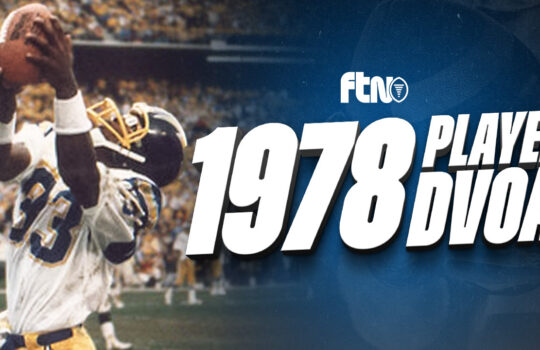
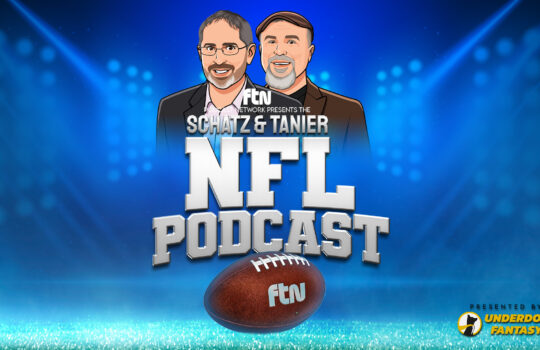
















 New York Jets
New York Jets  New England Patriots
New England Patriots 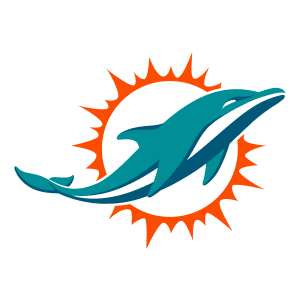 Miami Dolphins
Miami Dolphins  Buffalo Bills
Buffalo Bills  Pittsburgh Steelers
Pittsburgh Steelers  Cleveland Browns
Cleveland Browns  Cincinnati Bengals
Cincinnati Bengals 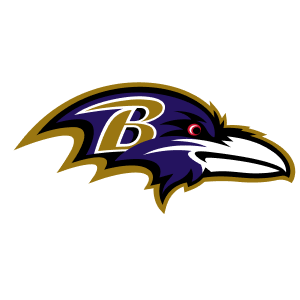 Baltimore Ravens
Baltimore Ravens 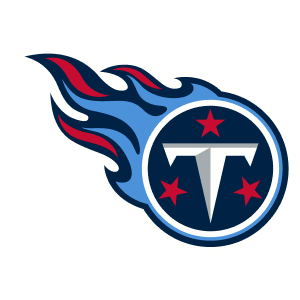 Tennessee Titans
Tennessee Titans  Jacksonville Jaguars
Jacksonville Jaguars  Indianapolis Colts
Indianapolis Colts  Houston Texans
Houston Texans  Las Vegas Raiders
Las Vegas Raiders 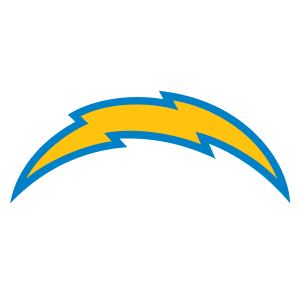 Los Angeles Chargers
Los Angeles Chargers  Kansas City Chiefs
Kansas City Chiefs 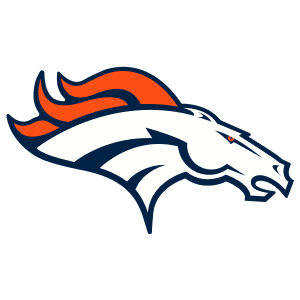 Denver Broncos
Denver Broncos  Washington Commanders
Washington Commanders  Philadelphia Eagles
Philadelphia Eagles 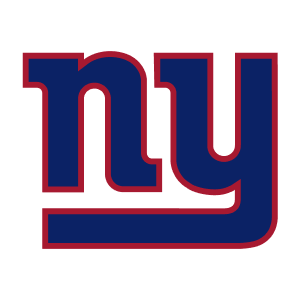 New York Giants
New York Giants  Dallas Cowboys
Dallas Cowboys 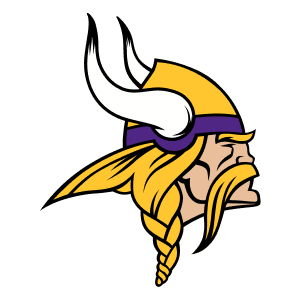 Minnesota Vikings
Minnesota Vikings 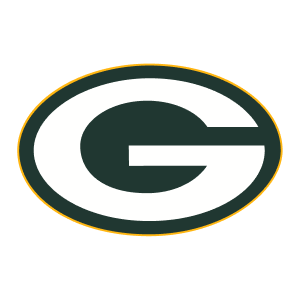 Green Bay Packers
Green Bay Packers 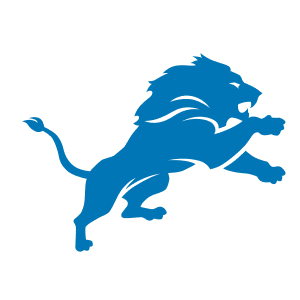 Detroit Lions
Detroit Lions  Chicago Bears
Chicago Bears 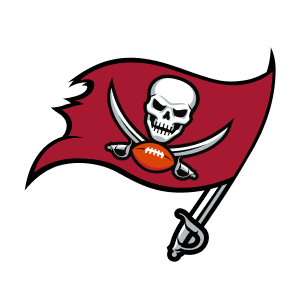 Tampa Bay Buccaneers
Tampa Bay Buccaneers  New Orleans Saints
New Orleans Saints 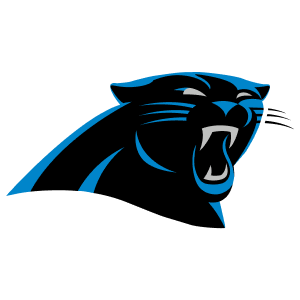 Carolina Panthers
Carolina Panthers 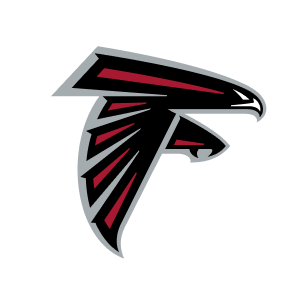 Atlanta Falcons
Atlanta Falcons 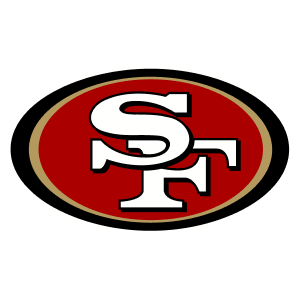 San Francisco 49ers
San Francisco 49ers 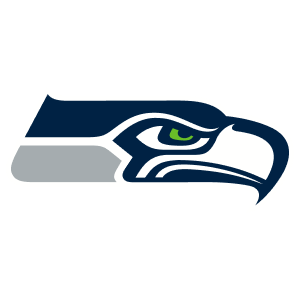 Seattle Seahawks
Seattle Seahawks  Los Angeles Rams
Los Angeles Rams 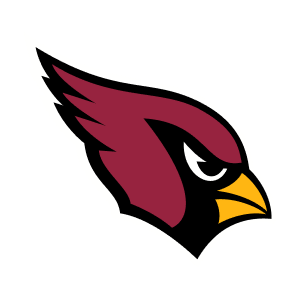 Arizona Cardinals
Arizona Cardinals 







 Boston Celtics
Boston Celtics  Brooklyn Nets
Brooklyn Nets  Philadelphia 76ers
Philadelphia 76ers  New York Knicks
New York Knicks  Toronto Raptors
Toronto Raptors  Chicago Bulls
Chicago Bulls  Detroit Pistons
Detroit Pistons  Milwaukee Bucks
Milwaukee Bucks  Cleveland Cavaliers
Cleveland Cavaliers  Indiana Pacers
Indiana Pacers  Orlando Magic
Orlando Magic 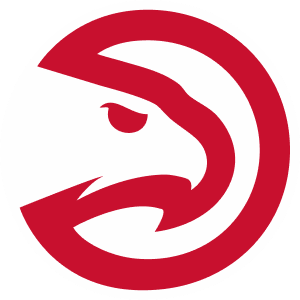 Atlanta Hawks
Atlanta Hawks  Charlotte Hornets
Charlotte Hornets  Miami Heat
Miami Heat  Washington Wizards
Washington Wizards  Denver Nuggets
Denver Nuggets  Minnesota Timberwolves
Minnesota Timberwolves  Oklahoma City Thunder
Oklahoma City Thunder  Portland Trail Blazers
Portland Trail Blazers  Utah Jazz
Utah Jazz  LA Clippers
LA Clippers  Golden State Warriors
Golden State Warriors  Los Angeles Lakers
Los Angeles Lakers  Phoenix Suns
Phoenix Suns  Sacramento Kings
Sacramento Kings  Dallas Mavericks
Dallas Mavericks  Houston Rockets
Houston Rockets  Memphis Grizzlies
Memphis Grizzlies  New Orleans Pelicans
New Orleans Pelicans  San Antonio Spurs
San Antonio Spurs 









